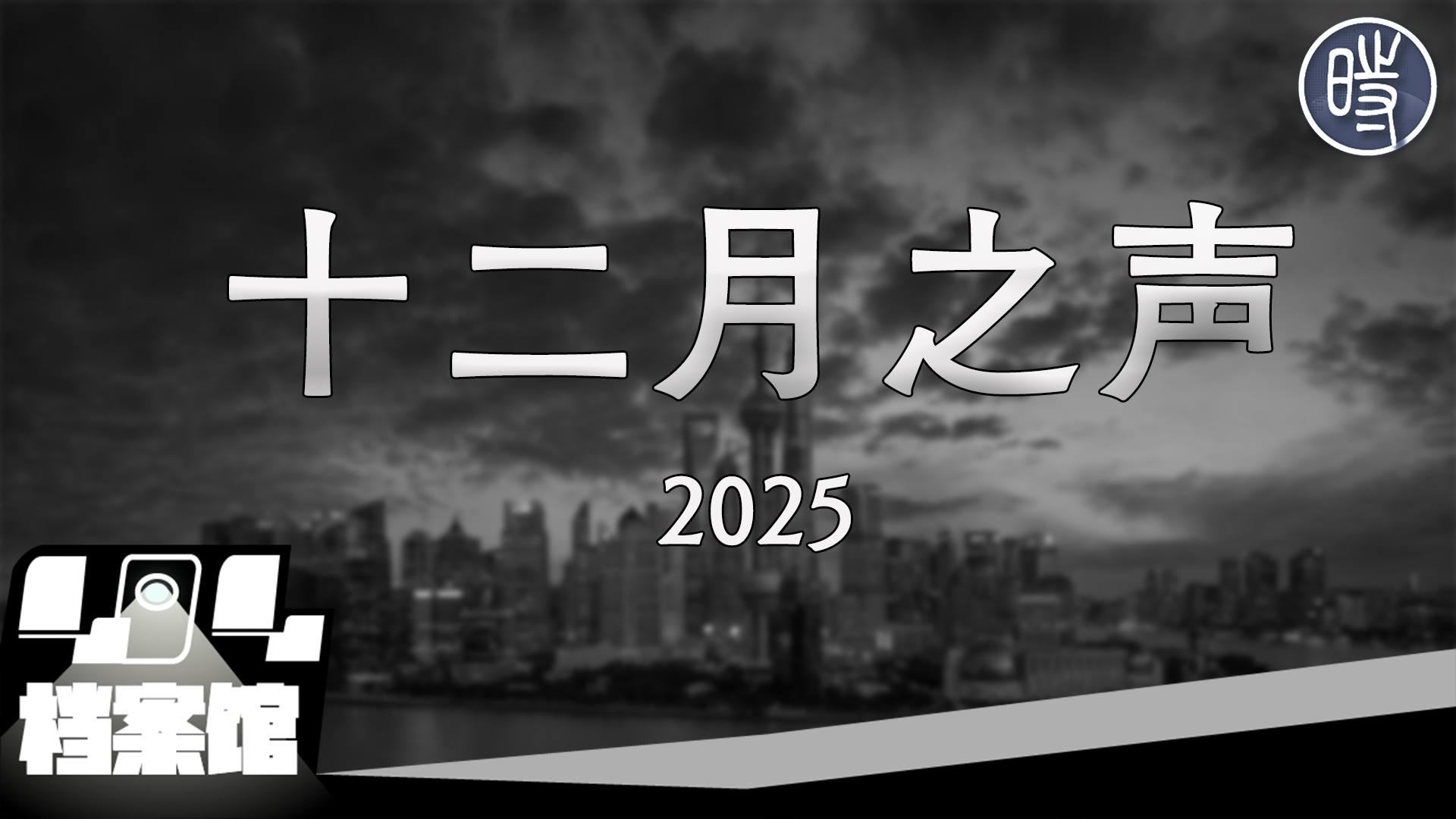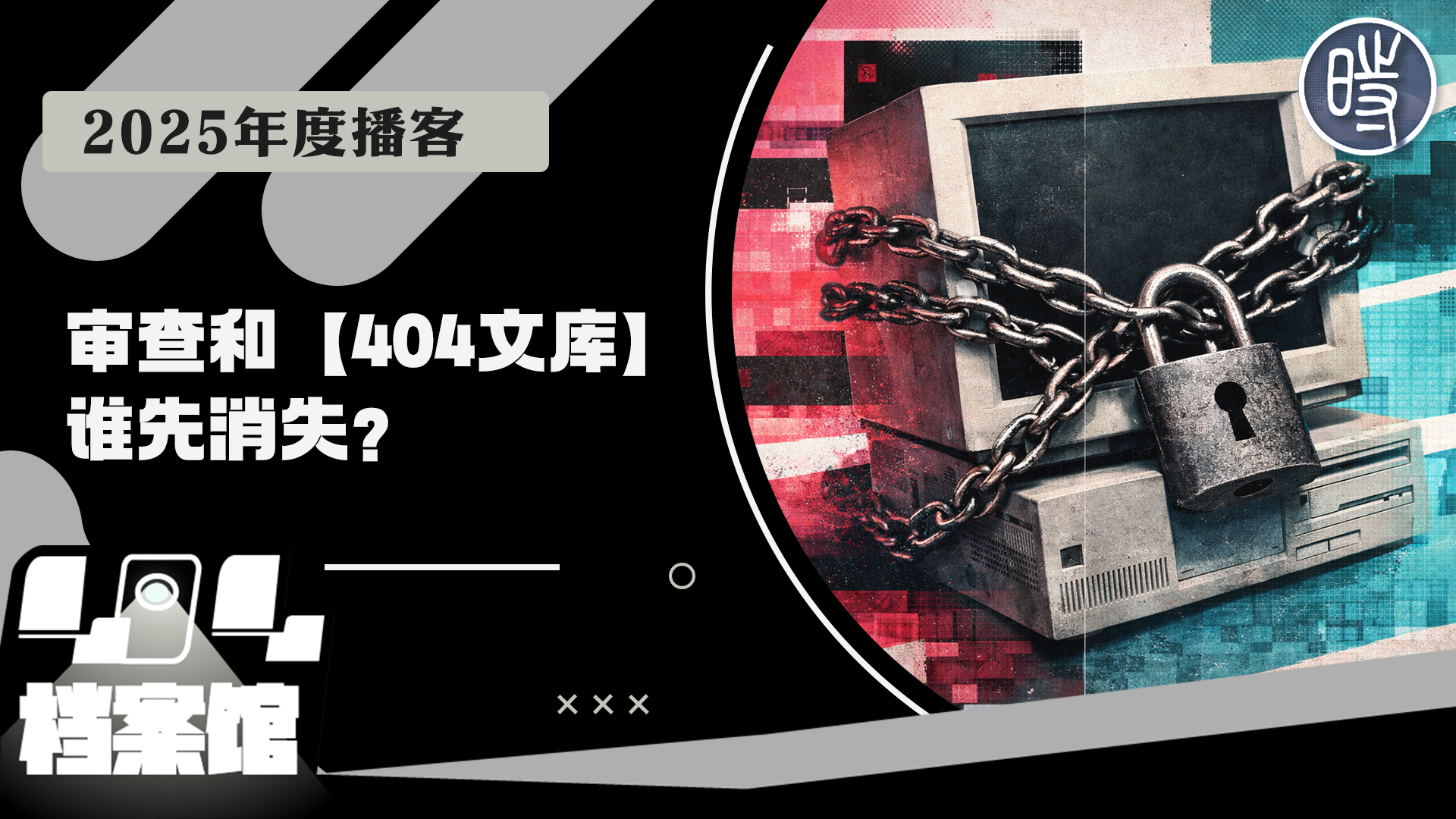原作者:
来源How will China’s tech-savvy, post-90s generation shape the nation?
译者哈哈张
* Tech-savvy youth of China have become an increasingly studied demographic
精通网络的中国年轻人逐渐走入人们的视线,成为各方研究的群体。
* Called post-90s generation with no memory of China’s tumultuous recent past
被叫做90后的他们,记忆里并没有中国近代的改变与躁动。
* They are avid social media and internet users
他们热衷于媒体舆论,是积极的网民。
* Some social commentators have criticized post-90s generation as lazy and immoral
在一些社会评论员眼中,他们懒惰而缺乏道德。
In the virtual world they learn how to be leaders, to solve interpersonal conflicts.
在虚拟世界中,他们学习领导能力,解决人际关系矛盾。
Beijing, China (CNN) — Lazy, promiscuous, confused, selfish, brain damaged and overall hopeless are all labels that have been given to China’s so-called post-90s generation, or those who were born after 1990 who are now mostly in their teens today.
懒惰,混乱,迷茫,自私,脑残以及绝望,这些都是中国被称作90后一代人的标签。他们生于1990年以后,正处在十几岁的年纪。
Whatever the post-90s are, one thing for certain is they are different from those born before them: they have no memory of China’s tumultuous past, instead only experiencing it as a country with rapid economic growth underscored by rampant consumerism and globalization.
不论人们怎样定义90后,有一点是肯定的,那就是他们与之前几代人不同:他们没有关于过去几十年改革和变动的记忆,却经历着这个国家的高速经济增长以及随之而来的物质主义和全球化。
“They have only known a life in China that is rising and affluent,” Frank Yu, a Beijing-based internet analyst, said.
“他们只知道那种富裕而且会更好的生活”,北京的网络研究员弗兰克余如是说。
“They are considered a wild card generation. They are very aggressive and outward looking and are pretty confident because they never felt hardship.”
“他们被认为是万能的一代,上进,开朗,自信,因为他们从没体会过苦难。”
And they are also the first generation that has grown up with the internet. And it is there, online, where they live lives that are a marked departure from age-old cultural norms that remain ingrained in Chinese society today.
他们也是中国第一代在互联网环境下成长起来的孩子。网络在他们的生活中无处不在,使得他们与传统文化规范背离,然而这种规范在现今中国社会仍根深蒂固。
“When they turn away from the internet and look at the real world and they see that nothing has changed, there is this huge disconnect in their minds,” said Kevin Lee, chief operating officer for China Youthology, a Beijing-based research firm.
“当他们厌倦了网络,转向现实世界时,他们看到的还是一成不变,这时他们会产生巨大的落差感”,一家北京调研公司——《青年志》的首席运营官李凯文说到。
“Their minds are in this internet way of thinking, and when their real world is not even moving, not even budging, they feel powerless. And so where do they escape? They go back to the internet.”
“他们的思维方式属于网络,然而当看到真实的世界没有任何改变,他们会感到无力。这时他们怎么办呢?只能再逃回网络。”
The Web is one of the few, if only places, where those who are not post-90s can see their sometimes radical behavior, try to communicate with them and attempt to figure out who, exactly, they are and what, exactly, they are thinking.
对于非90后,网络是他们可以了解90后偏激行为的少数途径之一,在这里,他们也可以和90后交流,试图理解他们是怎样的人,在想什么。
“On the internet, they have the chance to be individuals,” said Zakfa Zhang, also with China Youthology.
《青年志》的张在卡说到:“网络为他们提供了展现个性的机会”。
“It is a totally new space for the youth to feel independent. They can criticize anyone, and no one will tell them they are wrong, and they can express themselves online without many restrictions.”
“网络为年轻人提供一个崭新的空间,在这里他们能够独立,他们可以批评任何人,没有指责,没有限制。”
The ways in which China’s teens express themselves online vary. They hang out on Chinese social networks, like Kaixin001 and Renren, post comments on microblogs as well as use Tencent’s highly popular instant messaging service QQ and Qzone, its social networking site and other online bulletin boards.
当然年轻人在网上的表达途径也多种多样。他们有的挂在社交网站上,比如开心网和人人网,有的用微博,或是腾讯的QQ和QQ空间、校友,以及其他类似网站。
On these platforms, they form what some have described as “tribes” or “clans” that can consist of thousands of members communicating via “Martian” language.
在这些平台上,他们组建群,用他们专属的“火星”语言相互交流。
“The ‘Martian’ dialect most closely identified with the post-90s alternative subculture is ‘brain-damaged writing’, which is essentially standard Mandarin written using the most obscure characters possible,” writes Adam Schokora, a Shanghai-based internet analyst on the blog Fifty 5.
“这种‘火星’语言是一种‘脑残’书写,指用最模糊的笔画来书写汉语,它被认为是90后的亚文化”,五十5博客的博主亚当说到。
The post-90s virtual world is also characterized by the photos and videos they share online.
90后网络世界的另一个特点就是他们分享的照片和视频。
Young women often post cartoon-like pictures of themselves with pursed lips, Photoshop-enlarged eyes (to appear more like an animated characters) while wearing chunky glasses, sexy, doll-like clothing or goth and punk styles borrowed from Japan and Korea.
很多年轻女孩晒出自己的哈日哈韩照,撅着嘴,PS的大眼睛,大眼镜,性感,可爱洋娃娃装,或是哥特朋克装。
“They want to show off: ‘I am beautiful. I am special. I am a star,'” Zhang said.
张在卡分析说:“他们想要炫耀‘我很漂亮,我很特殊,我就是明星’”。
A post on the blog China Hush titled “A Series of Post-90s Generation’s Bad Behaviors” shows some of the more shocking sexual content the teen post online: “The general impression is Post-90s kids are ‘out of control,’ behaving badly’…’have mental problems’ and are ‘engaging in sexual activities way too early,'” the post says.
名为“中国安静”的博客上贴出一篇文章,叫做《90后坏行为系列》,是由一个青少年展示的关于性的内容,其大胆程度令人震惊。博客里还说到:90后给人的总体印象是疯癫,行为不当,神经,并且过早发生性行为。
Not everyone views their behavior so negatively.
但也不是所有人都否定他们的表现。
“These online activities make them more mature, give them more options and enlarge their visions. Former generations didn’t enjoy such colorful worlds. Their understanding of the outside is limited and monotonous.”
通过网络,他们会更加成熟,网络给他们更多选择,拓宽他们的眼界。之前几代人的成长没有见到如此多彩的世界,因而他们对世界的理解有限而单调。
“Society views us as wanting to be different, wanting to be full of personality and full of individuality and wanting to be creative in not a good way,” said Lin Li, an 18-year-old student at Fudan University in Shanghai.
李林,上海复旦大学18的学生,说到:“社会认为我们希望与众不同,个性十足,希望像个坏孩子一样却充满创造力。
“We see the society as our enemy a little bit. We do not want to be so conventional because we think all of these things are old and especially in China we need some big changes. Maybe we want to take this responsibility even though we might not have a really clear goal or aim for the future,” she said.
她还表示“我们有时候觉得社会好像敌人。我们确实不想那么平庸,不喜欢老一套的习俗,尤其在中国,我们认为更需要剧烈的改变。或许我们愿意对此负责,即使我们对未来还没有真正清晰地目标。”
The impact the post-90s will have in China in the future as they mature into adults and become employees is the question many are now asking.
其实,现在人们想知道的是,当90后长大成年开始工作后,将对中国产生怎样的影响。
Some have already begun to trickle into the workforce, specifically in factories, a number of which have experienced strikes in recent months by young, rural workers unwilling to accept the low wages and poor working conditions of the past.
他们当中的一些已经成为社会劳动力的一部分。尤其是在工厂,近几月还发生了由90后农民工发起的罢工事件,他们不愿意接受像以前农民工一样的低工资和恶劣的工作环境。
According to Yu, the strikes can at least partially be attributed to the “jelly generation” (another term used to describe the post-90s) and their laissez faire, independent and entrepreneurial attitude towards life.
余先生表示,罢工事件至少可以部分归因于“果冻一代”(另一种对90后的描述)对自由和独立的追求,以及对生活的主人翁态度。
“They are more picky about where they work,” Yu said.
余先生说:“他们对于工作环境更为挑剔。”
Don Tapscott, author of “Grown Up Digital: How the Net Generation is Changing Your World” believes the post-90s generation are much more entrepreneurial than their elders.
斯考特,著有《数字时代的成长:网络一代将如何改变你的世界》,认为90后比他们的前辈更具有企业家精神。
“Yes, they will effect change, and yes, they have a completely different culture than their parents,” said Tapscott.
斯考特说:“他们会为我们带来改变,他们与其父母相比有完全不同的文化。”
“What happens online does materialize. It does drive behavior change in the real world.”
“虚拟世界一定会变成现实,起码会促进在现实世界中人们的行为改变。”
……
请看原文:
CNN:90后将如何主宰中国命运?













